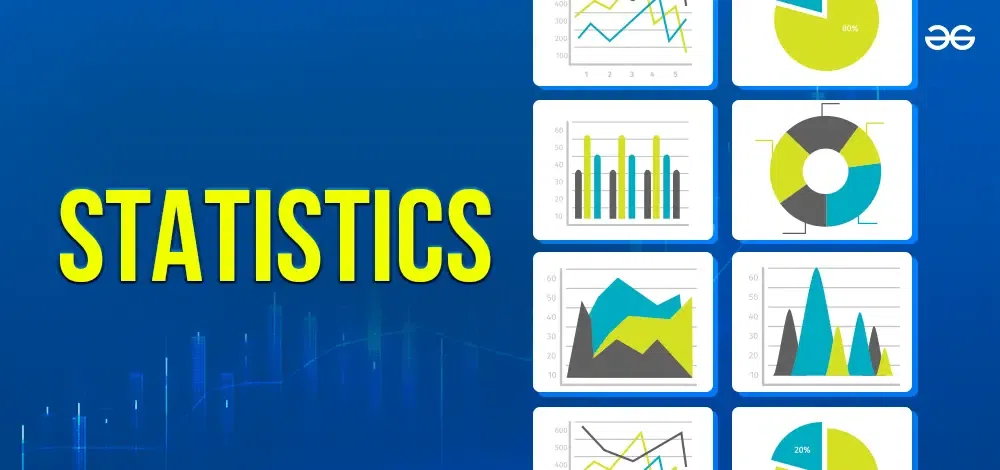Statistics: The Science of Data
Statistics is the science of collecting, organizing, analyzing, interpreting, and presenting data. It provides a framework for understanding and making sense of the world around us, from scientific research to business decisions.
Key Concepts in Statistics
- Data: Information collected from observations, experiments, or surveys.
- Population: The entire group of individuals or objects being studied.
- Sample: A subset of the population used to represent the whole.
- Variable: A characteristic or property that can take different values.
- Descriptive Statistics: Summarizing and describing data using measures such as mean, median, mode, standard deviation, and variance.
- Inferential Statistics: Drawing conclusions about a population based on a sample.
- Probability: The measure of the likelihood of an event occurring.
Types of Statistics
-
Descriptive Statistics:
- Measures of Central Tendency: Mean, median, and mode.
- Measures of Dispersion: Range, variance, and standard deviation.
- Data Visualization: Graphs, charts, and tables to represent data visually.
-
Inferential Statistics:
- Hypothesis Testing: Evaluating hypotheses about populations based on sample data.
- Confidence Intervals: Estimating the range of values within which a population parameter is likely to fall.
- Regression Analysis: Modeling relationships between variables to make predictions.
- Correlation Analysis: Measuring the strength and direction of relationships between variables.
Applications of Statistics
Statistics is used in a wide range of fields, including:
- Science: Conducting experiments, analyzing data, and drawing conclusions.
- Business: Making data-driven decisions, forecasting sales, and evaluating marketing campaigns.
- Government: Collecting and analyzing data on the economy, population, and social issues.
- Healthcare: Conducting medical research, analyzing patient data, and evaluating treatment effectiveness.
- Social Sciences: Studying human behavior, social trends, and public opinion.
Importance of Statistics
Statistics is essential for understanding and making sense of the world around us. It provides us with the tools to make informed decisions, solve problems, and address complex issues. By studying statistics, we can develop critical thinking skills, data literacy, and the ability to evaluate information critically.


